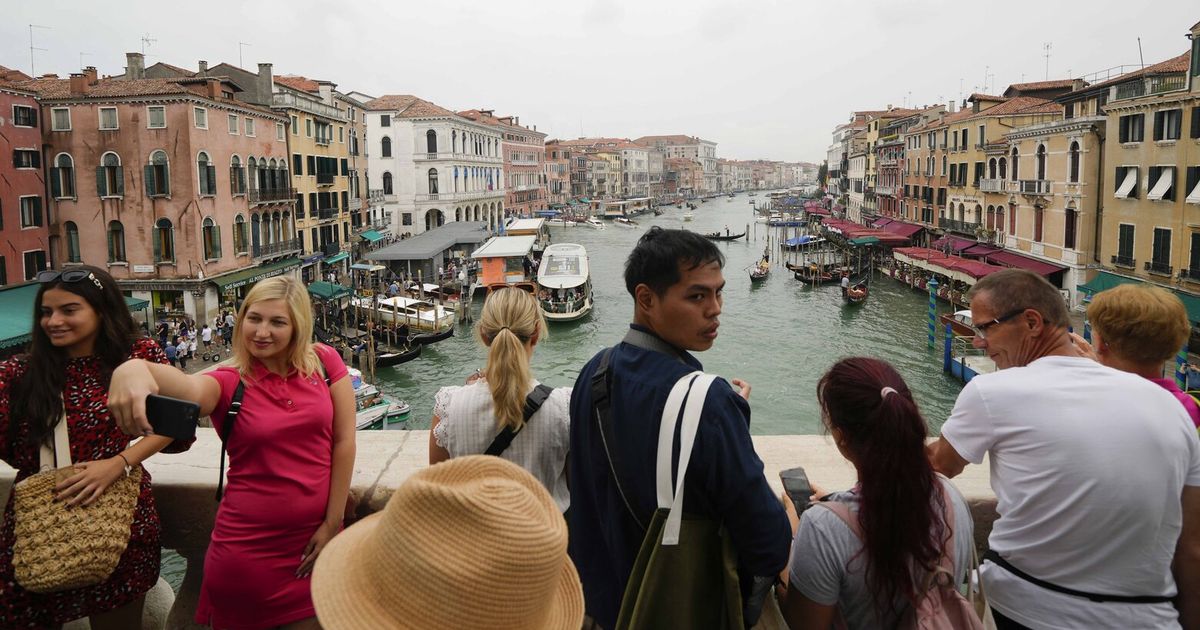Shirley Barchi doesn’t want anyone to know she’s American when she travels abroad. “The loudest voices are almost always Americans,” she complains. “They don’t respect the culture and language of the country I’m visiting.
And they’re often rude if a server or clerk doesn’t speak English.” So Barchi, like a lot of other well-traveled Americans, is distancing herself from her countrymen. “There’s no need to associate myself with them,” says Barchi, a retired IT professional from Clermont, Fla.

Barchi avoids large groups of her compatriots and tries to blend in with other guests. And when someone asks where she’s from, she hesitates to answer, preferring to change the subject. But some visitors are going a step further.
There have always been travelers who have downplayed their nationality. That trend has accelerated this summer with a divisive U.S.
election looming and some unpopular foreign policy decisions made by the U.S. government.
Often, Americans are also targeted when they’re abroad . But there’s something else driving it, and that is the American visitors themselves. Increasingly, it feels as if they forgot to pack their manners.
“In this era of social media and Instagrammable travel experiences, there’s been a rise in prioritizing personal gratification and comfort over full cultural immersion when traveling,” says Claire Law, a psychotherapist from Preston, England, who has studied travel behavior. “With that mentality, it’s .























